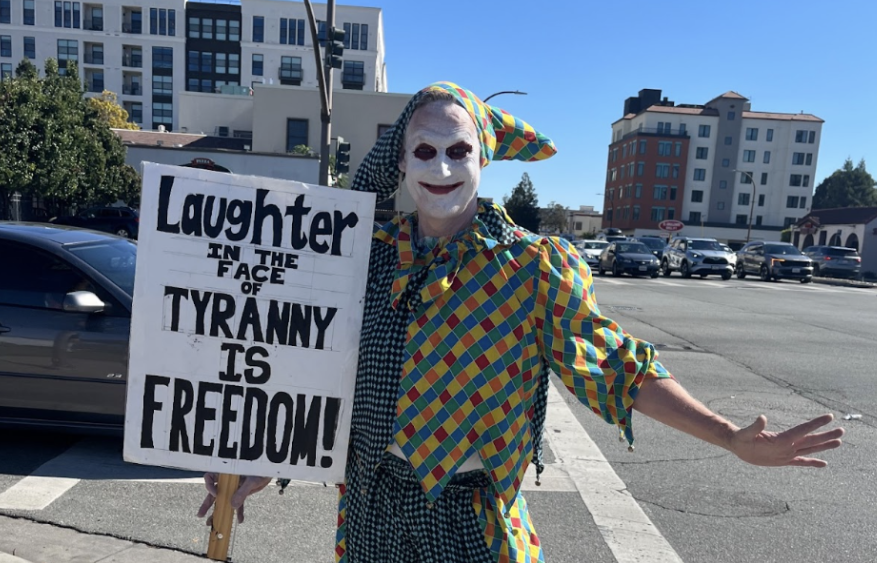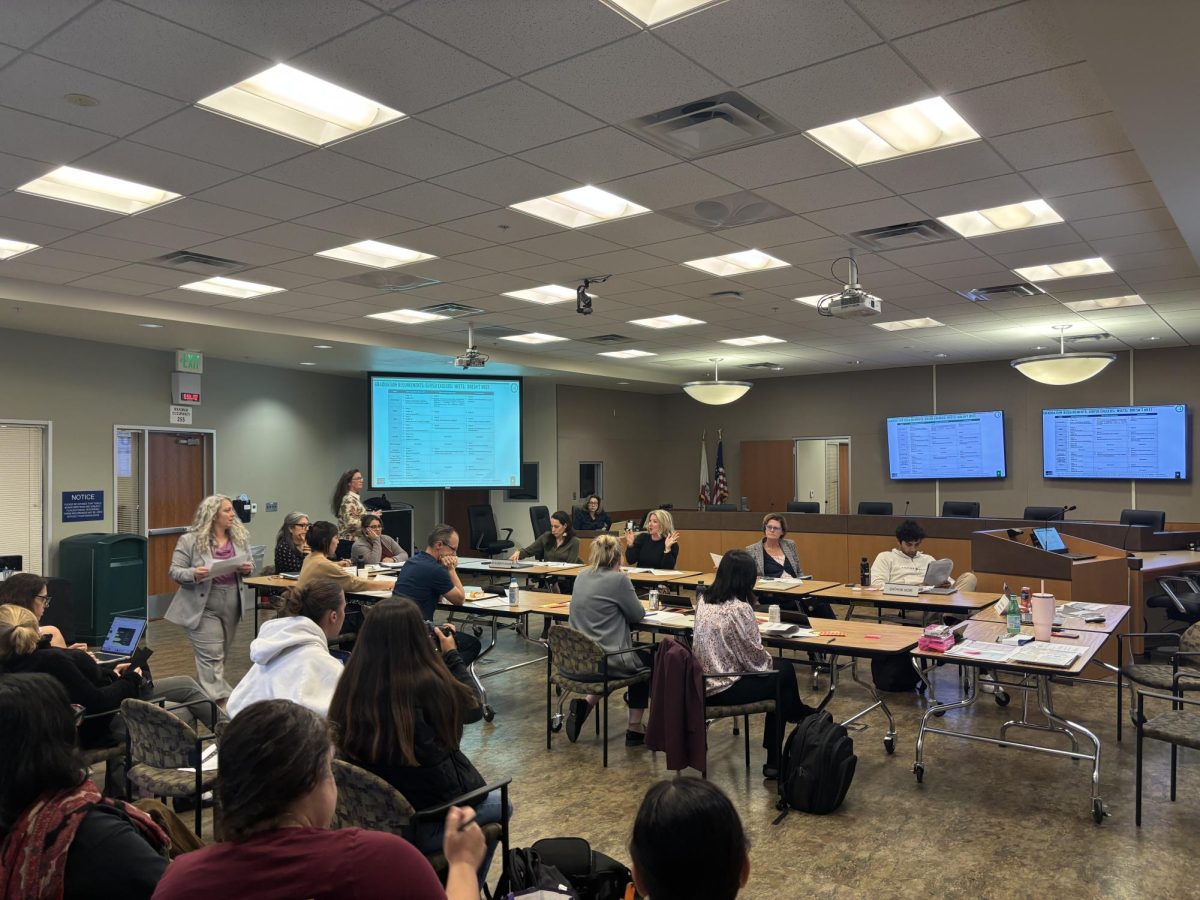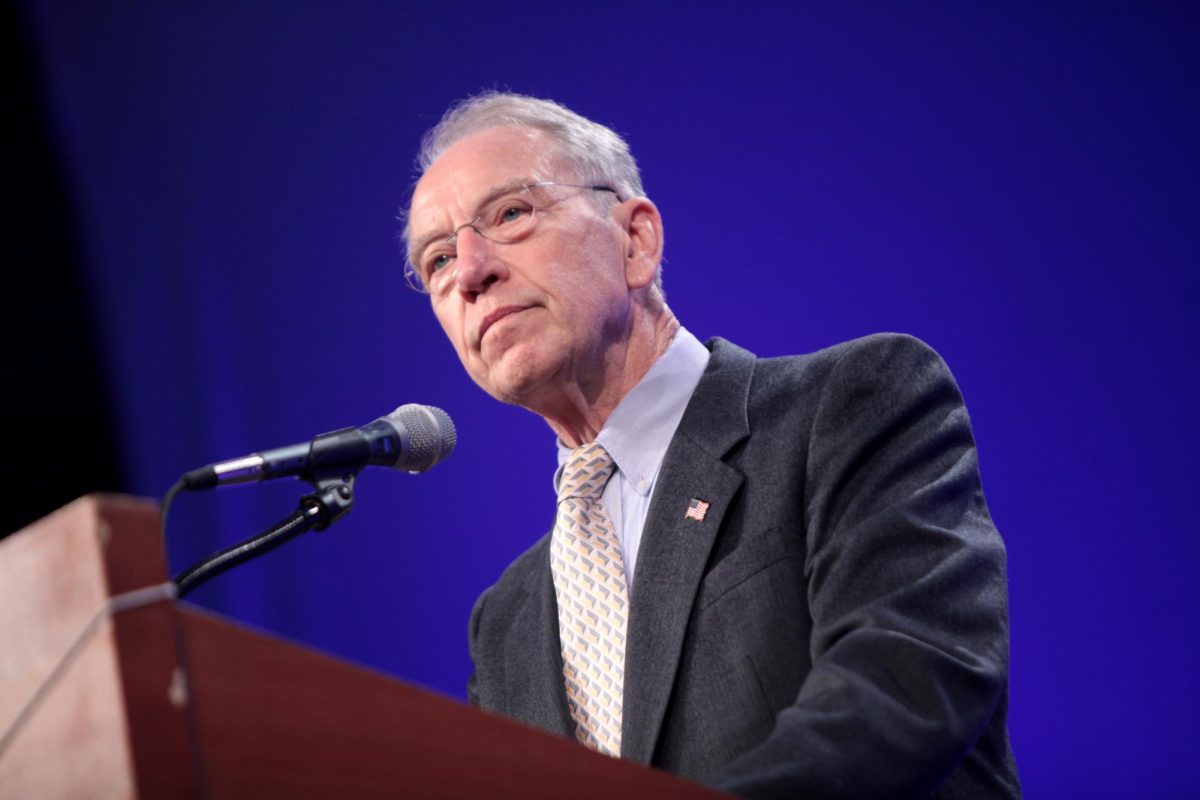In the age of Trump, political tensions across the country have reached new highs, begging the question: should our political views affect our friendships?
Even at Woodside High School, nestled in liberal Silicon Valley, students feel the impact of the nation’s political turmoil on their relationships.
In an online survey conducted by the Woodside World polling students from Woodside and nearby schools, about 67% of students said that it was okay for politics to affect friendships. But when interviewed in person, a majority of students stated that politics should not influence friendships.
So what do students really believe? Design Tech High School sophomore Phoebe Rak explains, “People see what’s going on; they don’t like it. But no one wants to be the one that rocks the boat, that calls someone else out. In theory, it’s okay not to like someone because you don’t agree with their politics…in practice it doesn’t happen that way.”
But in practice, not only do Woodside students not want to ‘rock the boat,’ it seems that are not getting opportunities to do so: according to the Woodside World survey, 72% of Bay Area student’s friends are democratic, and 70% associated with the Democratic Party.
And in the 2016 presidential election, according to numbers obtained by the New York Times, roughly 80% of San Mateo County voted for Democratic candidate Hillary Clinton.
In a majority-liberal community, it seems possible that being Republican and voicing republican views can be difficult and has a distinct stigma around it- or at least, that’s what Woodside freshman Kaylee Wall thinks.
She says, “If you’re Republican and have views relating to what’s happening in the presidency…I think if you’re really open about it, then yes, there’s stigma”.
Last November, Woodside students walked out of class in response to the election and spoke out about their feelings for two hours. According to Kathryn Williams, a sophomore, “the majority of speakers were definitely democratic.” Other schools across the area also staged peaceful protests and walkouts in response to Trump’s win.
The days following Trump’s election were not the only time when Bay Area student Republicans have felt ostracized. John Gardener, a student at Design Tech High School, also emphasizes the societal pressure that comes along with being a Republican: “People think that just because I support Donald Trump, they think I’m a racist and don’t want to talk to me.”
But, when students leave the Bay Area, Carlmont junior Emma Romanowsky believes the democratic political consensus they are experiencing will change, and Republican students will get “more than enough opportunity to play the majority.”
She explains that while the Bay Area is different from most places because the large majority share political opinions: “When you leave the Bay Area and go where the social and political beliefs are more varied or are the opposite of the Bay Area, it is a culture shock.”
As students become adults and migrate to areas with more political diversity, political differences will be more contentious.
“As you get older, politics can become more divisive…you get more deeply rooted in your political beliefs,” Jascha Dolan, a English teacher at Woodside explains.
For Woodside students, that divisiveness is not only caused by having Republican political beliefs, but by supporting Trump. Many students interviewed brought this issue up- discussing being a ‘moderate’ Republican as differently than being a Trump supporter.
As Woodside sophomore Ziggy Sheynin put it, “Friendships can be affected…depending on how extreme political beliefs are.” When asked about this turn of phrase- ‘extreme political beliefs’- she discussed the socioeconomic implications of ‘extreme’ Republican politicians “like Trump- I mean, that’s the most obvious example.”
The question remains: should politics affect friendships? A Bay Area student Republican sums up his views.
“My friendships have been affected, but why would I want to be friends with a person who doesn’t respect my political views anyway?”








